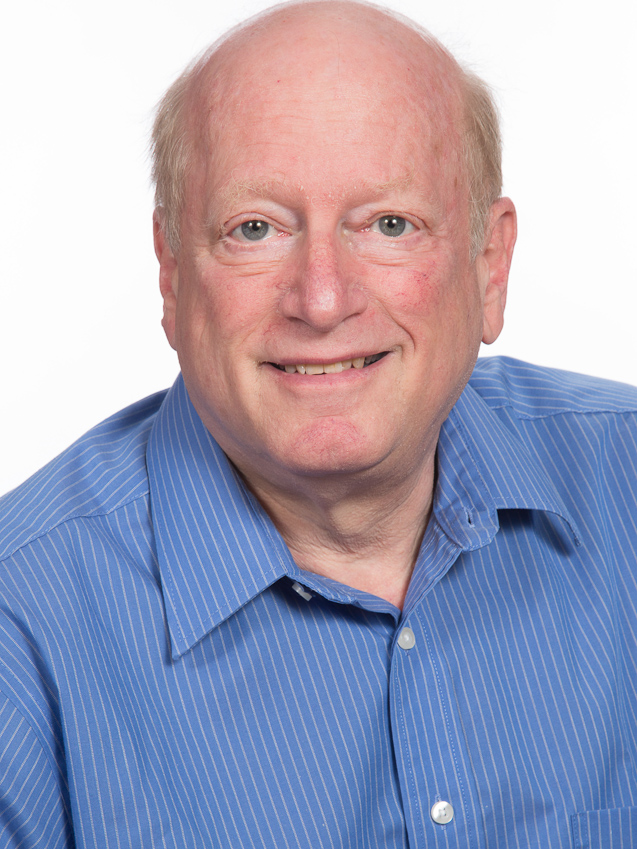
- This event has passed.
Constitutional Roundtable with Professor Mark Tushnet
January 23, 2019 @ 12:30 pm - 2:00 pm
On January 23, 2019, visiting Professor Mark Tushnet presented an Asper Centre Constitutional Roundtable on “Interpreting Unwritten Constitutional Norms: Court-Packing in the United States as a Case Study,” with University of Toronto Faculty of Law Professor Yasmin Dawood as discussant. This Roundtable is based on a chapter of Professor Tushnet’s forthcoming book (see chapter abstract below).

Professor Tushnet is a leading scholar of constitutional law and legal history and the William Nelson Cromwell Professor of Law at Harvard Law School. He graduated from Harvard College and Yale Law School and served as a law clerk to Justice Thurgood Marshall, and he specializes in constitutional law and theory, including comparative constitutional law. His research includes studies examining (skeptically) the practice of judicial review in the United States and around the world. He also writes in the area of legal and particularly constitutional history, with works on the development of civil rights law in the United States and (currently) a long-term project on the history of the Supreme Court in the 1930s.
 Professor Dawood, J.D. (Columbia), Ph.D. (Chicago), is the Canada Research Chair in Democracy, Constitutionalism, and Electoral Law, and an Associate Professor at the University of Toronto Faculty of Law. She is cross-appointed in the Department of Political Science. Professor Dawood specializes in election law, comparative constitutional law, and democratic theory. She has testified before Parliament as an election law expert, and been interviewed on election law issues by CBC Radio, The Agenda, and Power and Politics. Prior to joining the Faculty of Law she was a Postdoctoral Fellow at the Centre for Ethics, University of Toronto.
Professor Dawood, J.D. (Columbia), Ph.D. (Chicago), is the Canada Research Chair in Democracy, Constitutionalism, and Electoral Law, and an Associate Professor at the University of Toronto Faculty of Law. She is cross-appointed in the Department of Political Science. Professor Dawood specializes in election law, comparative constitutional law, and democratic theory. She has testified before Parliament as an election law expert, and been interviewed on election law issues by CBC Radio, The Agenda, and Power and Politics. Prior to joining the Faculty of Law she was a Postdoctoral Fellow at the Centre for Ethics, University of Toronto.
Abstract
This is a draft of a chapter in a forthcoming book, written for a general audience. The book’s overall argument is that the 2020 elections are likely to be an inflection point in American political development, ending what the book (and this Chapter) refer to as an interregnum after the decay of the Reagan Revolution. The 2020 elections may move the nation along a “Trumpist” path or a more strongly social democratic path than recent Democratic leaders have followed.
This chapter deals with the latter possibility. A prior chapter argues that the Supreme Court will be an obstacle to the programs that would be developed along the “social democratic” path (because it will remain dominated by conservative Republican justices), and that Democrats should prepare responses to that problem.
Chapter 13 outlines some of those responses, the most important of which is Court-packing. It addresses the argument that there is now a constitutional convention against Court-packing, suggesting that there may be no such norm, but only a practice of non-expansion because there was no need to expand the Court earlier. It then deals with the claim that Court-packing would undermine judicial legitimacy, arguing that the U.S. Supreme Court might not have much legitimacy (understood as deference to judicial decisions simply because they emanate from the Court) and that any marginal effect on legitimacy is likely to be small.
